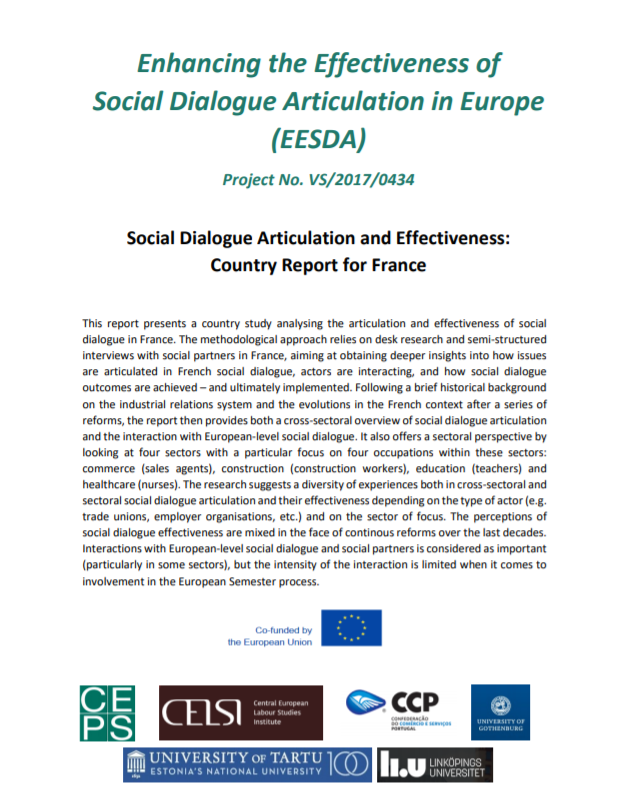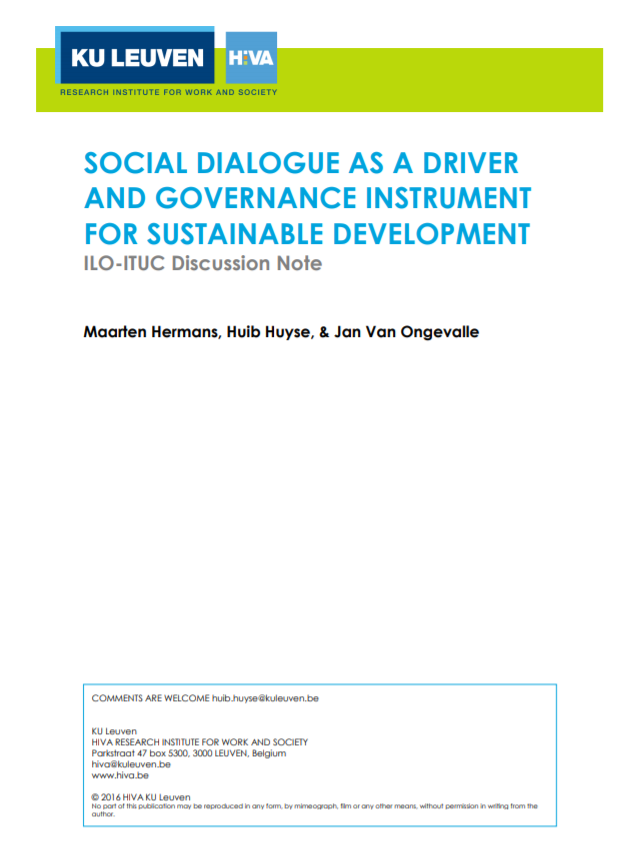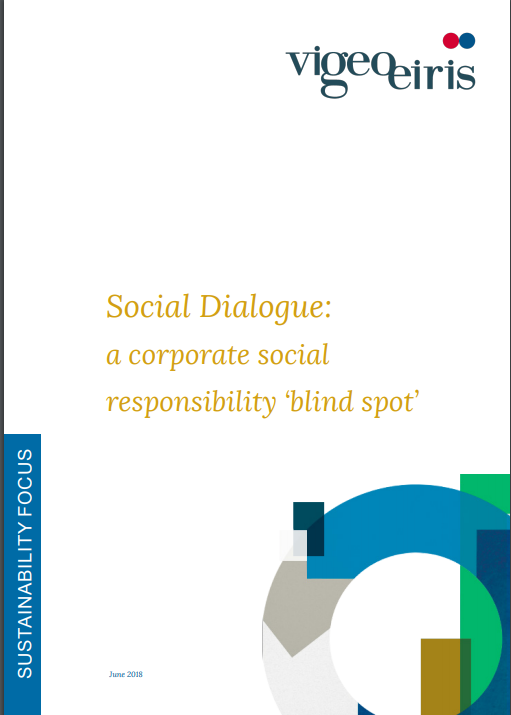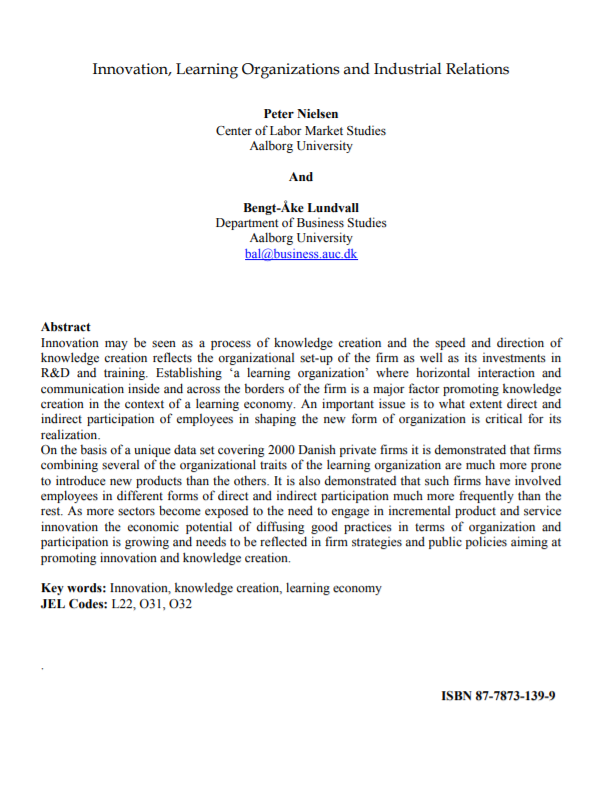
Summary
This study assesses the inclusion of social services in tripartite, bipartite and collective bargaining at a national level in six EU member states: Bulgaria, Cyprus, Hungary, Lithuania, Malta and Romania. It does this through extensive surveys, interviews and focus groups throughout the nations in the different companies and representives in social services. It concludes that social service organisations are largely absent from social dialogue on a national level, and they have little influence on policy creation because of this.
For the original source, please click here








